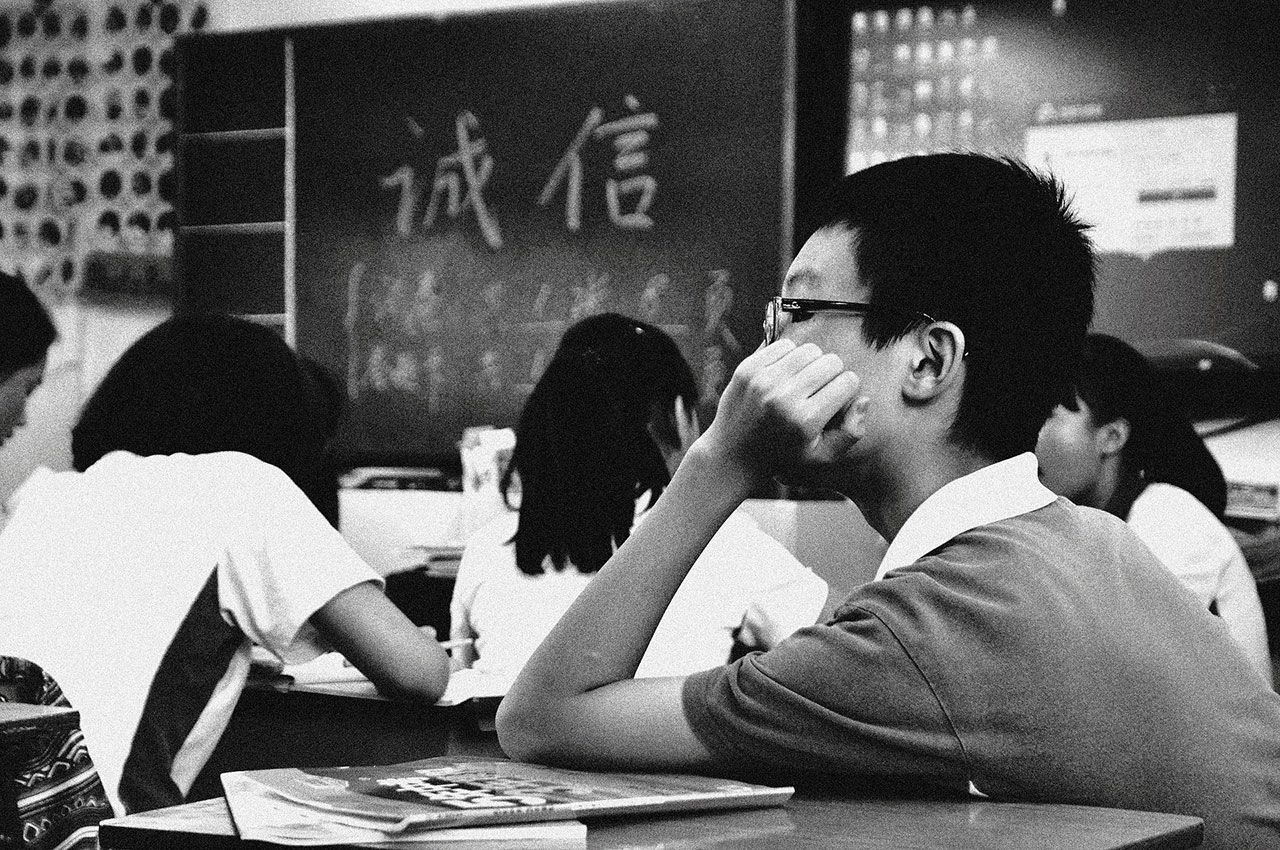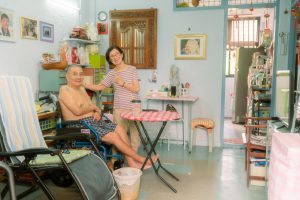Blaming the government is one of the easiest things to do. It requires no imagination and no effort. When it comes to the education system in Singapore, this tends to be the case. With the release of PSLE results just round the corner, the usual narratives are being revived.
Should a child’s PSLE grades determine the rest of their life? What can we do to put less emphasis on academia and more on life skills?
Amidst all this commentary and preachy lectures on alternative paths to success, there’s a truth few of us are willing to acknowledge. Which is that grades in Singapore will always matter regardless of what anyone says.
Yes, this sucks. But instead of groaning about changing the system, one thing we’ve failed to really consider is how we can work around it; how even if a child doesn’t do well at PSLE, there are still ways to ensure they get their best shot at a bright future.
In certain university and polytechnic programmes, students are often required to take internships or job placements to fulfil a certain number of course credit. The rationale, as we understand, is so students can get some real life job experience. Yet, considering how the legal age for one to start working in Singapore is 13, I can’t help but wonder, isn’t this a little … late?
Part-time jobs are also a way for students to learn what adults like to call “people skills.”
I know, I know. Let kids be kids. Let them play and have fun. Let them learn to be children while they still can, right?
But no one is saying kids should start spending their holidays waiting tables or moving boxes the day they turn 13. What I am saying is that once they hit their 15th to 17th birthdays, right when teenagers are beginning to understand how life works, it’s a great time for them to start accumulating life experience. Part-time employment doesn’t have to wait.
The way I see it, jobs that are available to students tend to pay by the hour, often involve repetitive, monotonous tasks, and are usually based in the service industry where you get to learn how truly horrible human beings can be. But these are all good things.
They’re good things because all of us need to experience what it’s like to do work that is exhausting, underpaid, and under-appreciated. These jobs, in themselves, are learning experiences. They teach us the meaning of respect, hard work, commitment, and being humble. These are the things schools should be teaching students but, for one reason or other, are not.
Part-time jobs are also a way for students to learn what adults like to call “people skills.” They teach us about hierarchy, about the nuances of networking, and about the value of teamwork. They teach us to appreciate individuals who do honest work that, in Singapore, continues to be considered “undignified.”
Most importantly, these jobs give students a head start in figuring out what they care about and what makes them happy. Imagine a student who spends his life striving to become a doctor. Somewhere in his mid 20s, he fails to qualify as one. Up to this point, he has thought about nothing apart from becoming a doctor. What is he going to do now?
Parents cannot compel schools to teach their children these things.
Someone who’s worked in a restaurant or in a logistics company before would have a set of skills to fall back on while he evaluates his options. He’s not going to be sitting around, thinking that his academic experience means he’s entitled to only certain professions. He might even realise that he doesn’t really want to go into medicine. Instead, he wants to work in publishing. And he only knows to consider this because of a short stint he got doing stock-taking a few years back.
Parents cannot compel schools to teach their children these things. What they can do is insist that their children look for work when they’re old enough to start learning to be independent. The sooner kids step out of the bubble that mainstream education tends to trap us in, the sooner they can think about how to apply what they know to actually making a living.
Finally, let’s not forget what working means: Money. Lots of it.
One Saturday spent working 6 hours can earn a student at least S$36 to S$42. Given how I used to get S$25 a week in pocket money back in Junior College, this is pretty much a dream come true.
With all this talk about how Singapore is headed for a recession next year, I say to all you parents out there, wouldn’t it be nice if your kids could start earning their own allowances?






